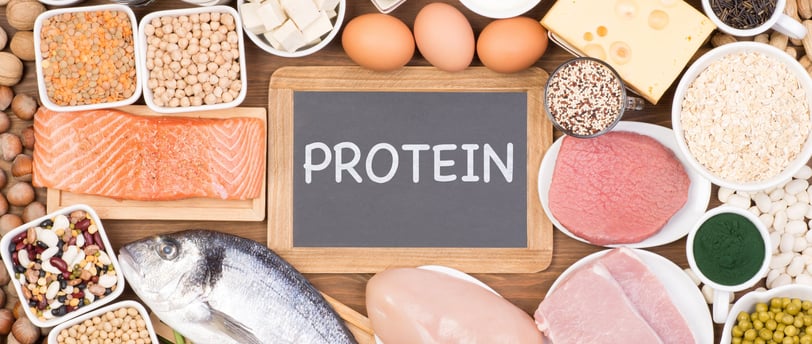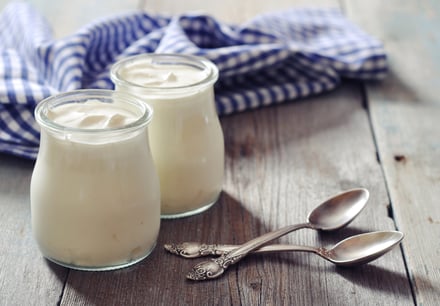Be the best version of yourself
Why women should focus on protein
4/1/20242 min read


Building and maintaining muscles is crucial not only for performance but also for overall health and longevity. Decreased muscle mass is associated with metabolic syndrome (a condition that includes high blood pressure, high blood sugar, excess body fat around the waist and abnormal cholesterol levels) and cardiovascular disease, while having more muscle can contribute to a longer and healthier life. Additionally, maintaining muscle strength is key for retaining independence as you age.
For women, ensuring an adequate intake of protein is especially important due to hormonal fluctuations, particularly during peri and post-menopausal years. During these stages, hormonal changes diminish the body's ability to build muscle, making protein intake even more critical. This holds true not only for women but for all individuals as they age. Increasing protein consumption helps counteract this effect by promoting muscle protein production.
While resistance training is essential for muscle building, it's only one piece of the puzzle. Consuming enough protein is equally vital as it provides the necessary amino acids for muscle repair and growth. Active women should aim for a daily protein intake ranging from 1.7 to 2.4 grams per kilogram of body weight. During the menopausal transition, targeting the higher end of this range can be particularly beneficial.
It's worth noting that diets high in protein (3g/kg of body weight or more) haven't been associated with adverse effects and may actually be advantageous for muscle building and fat loss.
Consistently distributing protein intake throughout the day is key for optimal results. Recent research suggests consuming around 20-40 grams of protein per serving, spread across 3-4 meals daily.
Meeting your protein needs can be achieved through a variety of foods. Animal-based options such as chicken, beef, pork, cottage cheese, and tuna offer roughly 30 grams of protein per serving, while 3 eggs provide around 20 grams. Plant-based alternatives like soy foods, nuts, seeds, beans, and legumes are also excellent sources. Protein powders, whether of animal (such as whey) or plant origin, are convenient for boosting protein intake. They can be easily mixed with fruits and vegetables for smoothies, added to yogurt, or simply mixed with water for a quick source of absorbable amino acids.
Remember, consistent protein intake supports muscle development, aids in recovery, reduces soreness, and lowers the risk of injury.
Meeting your protein needs is more achievable than you might think! If you're curious about your protein requirements and how to meet them, reach out to us and subscribe to our newsletter. You'll receive weekly recipes featuring high-protein meals suitable for meal prep.
References:
https://pubmed.ncbi.nlm.nih.gov/24561114/
https://pubmed.ncbi.nlm.nih.gov/24751198/
https://www.tandfonline.com/doi/full/10.1186/s12970-017-0177-8?src=recsys
Contacts
fitover40withmarina@outlook.com +41 76 229 19 32
Socials
Subscribe to our free newsletter and get high-protein meal recipes that will make you feel full longer, grow your muscles, and achieve your goals faster! Directly into your inbox!


